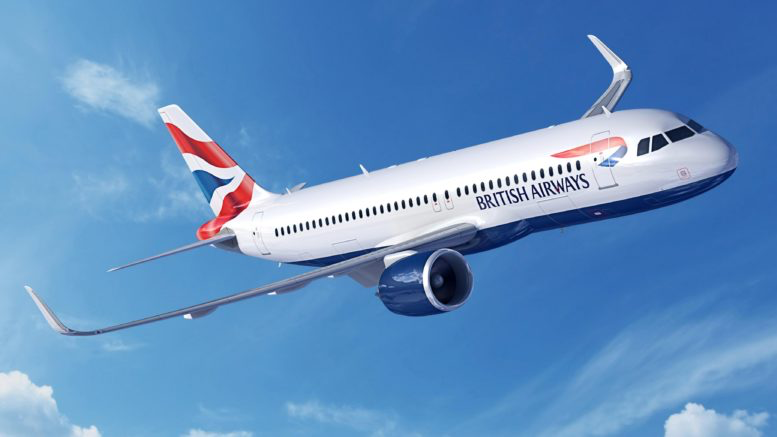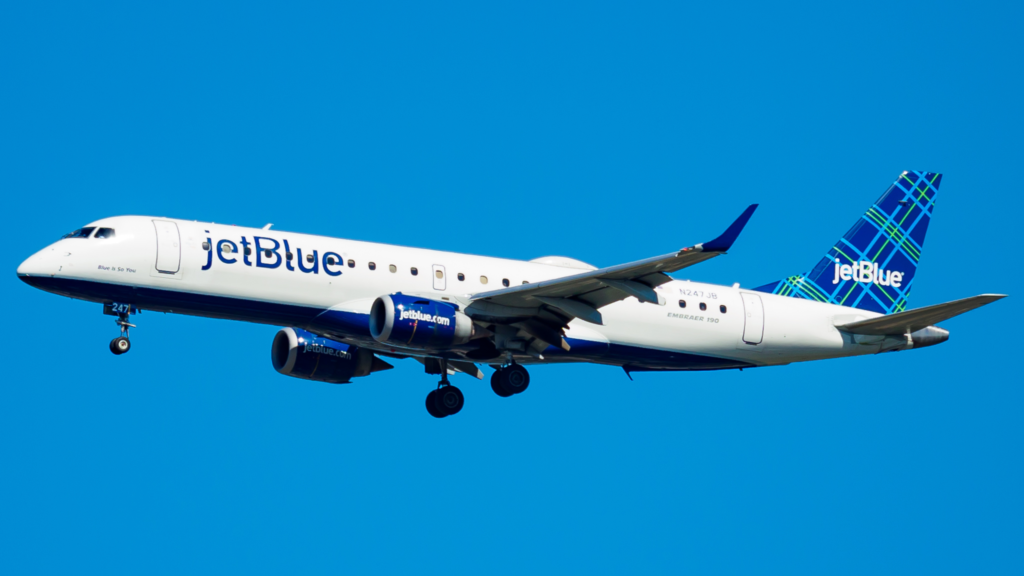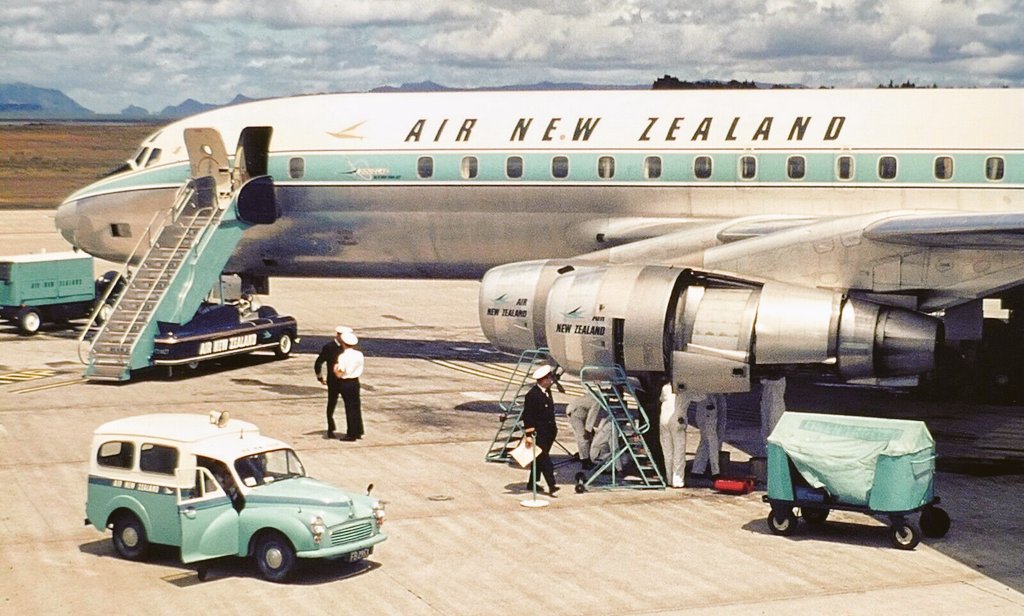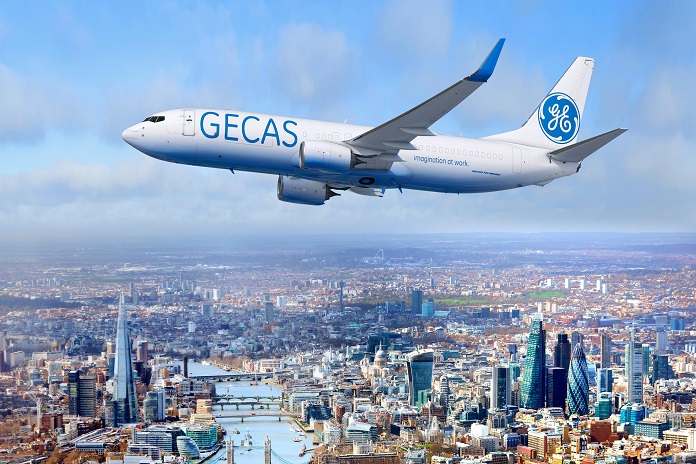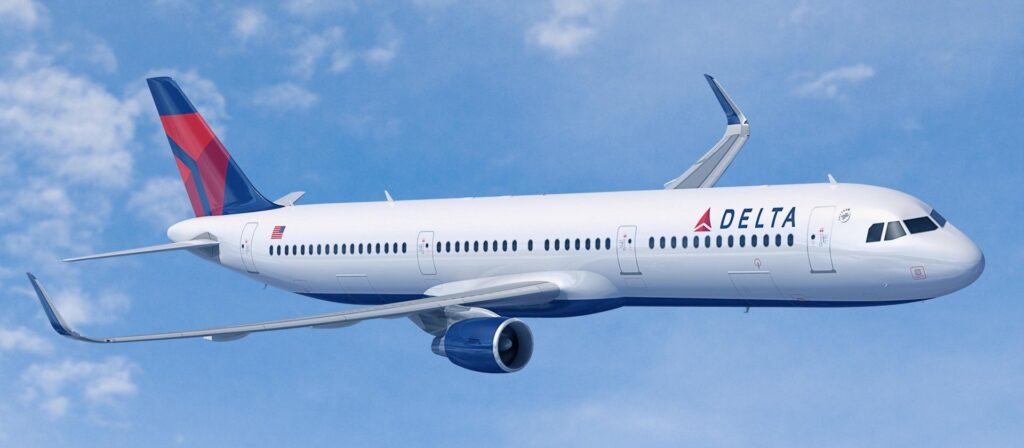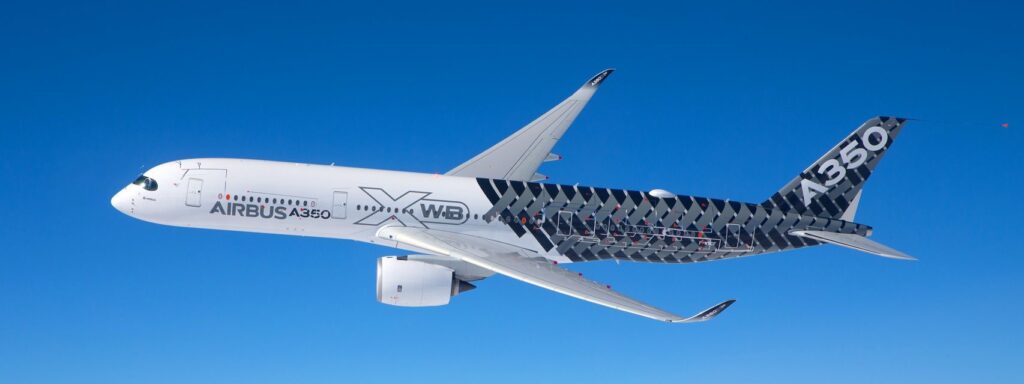British Airways Launches New Fare Brands Offering Enhanced Flexibility
Wednesday 24 February, 2021 - British Airways has today launched two new fare brands for its trade customers, which offer refundable options and enhanced flexibility. Select and Select Pro are both refundable fares, which will…
